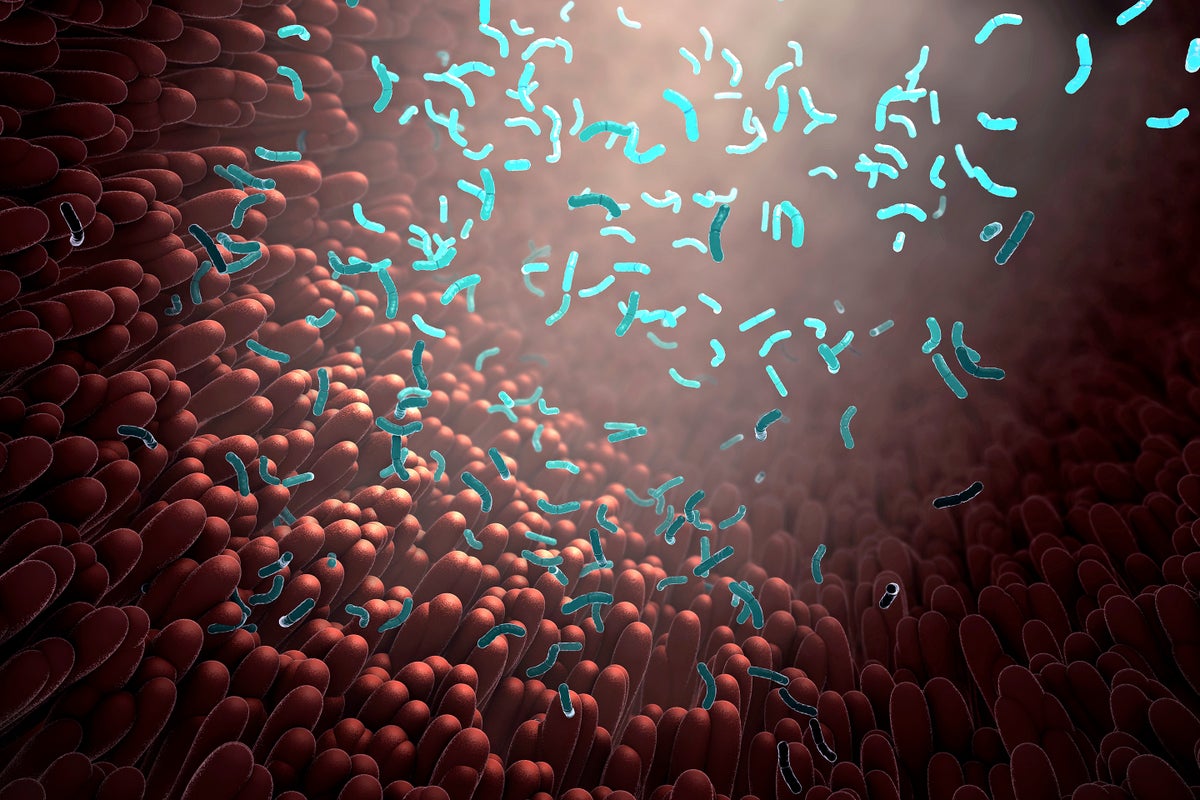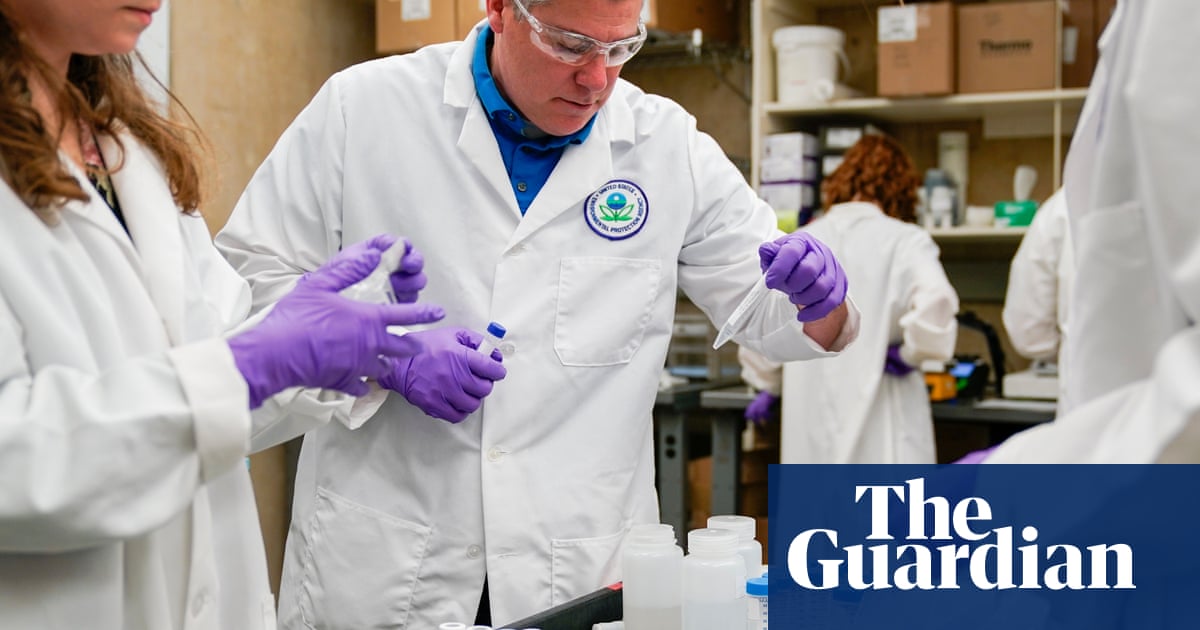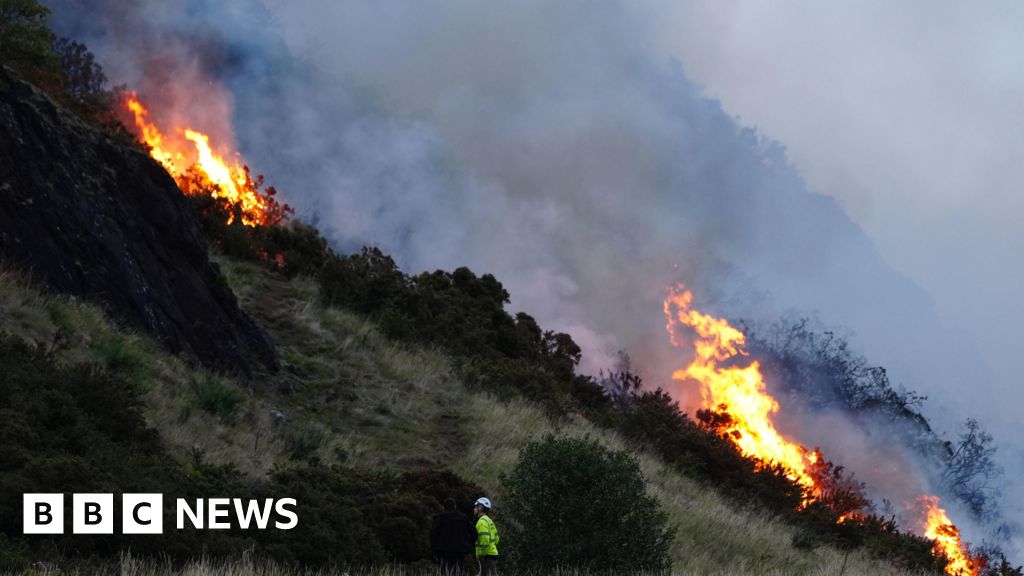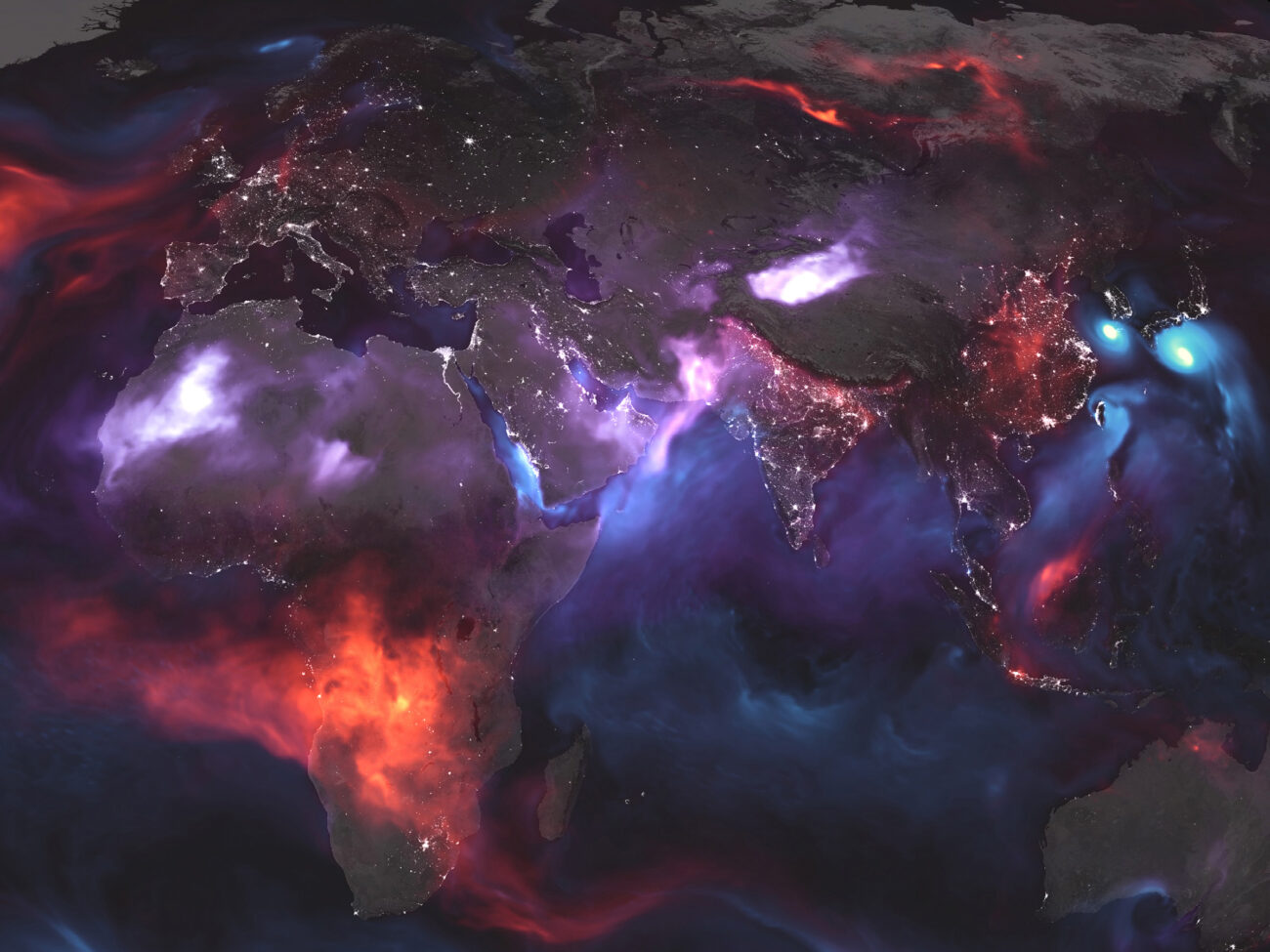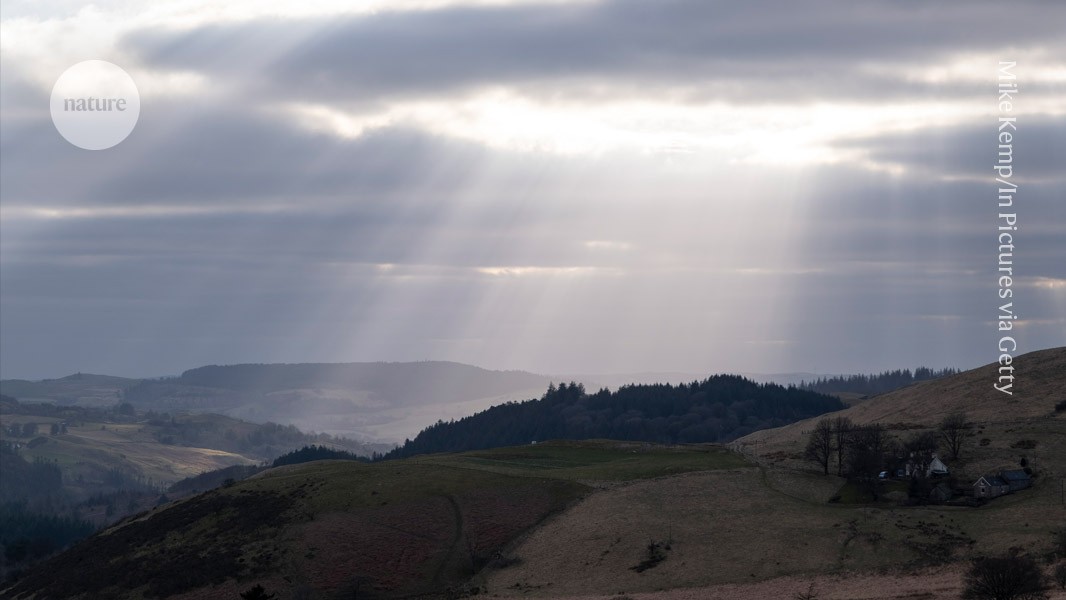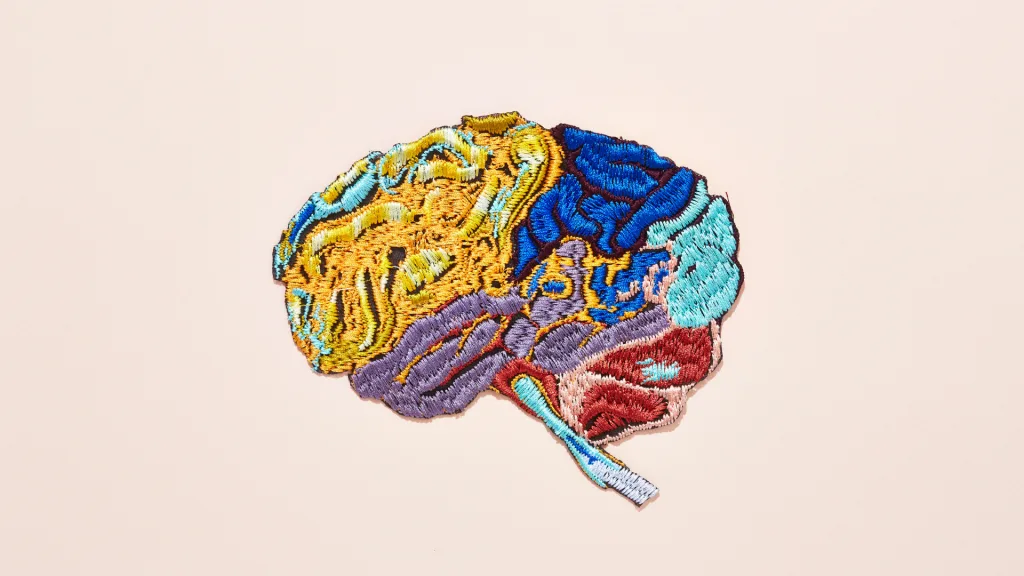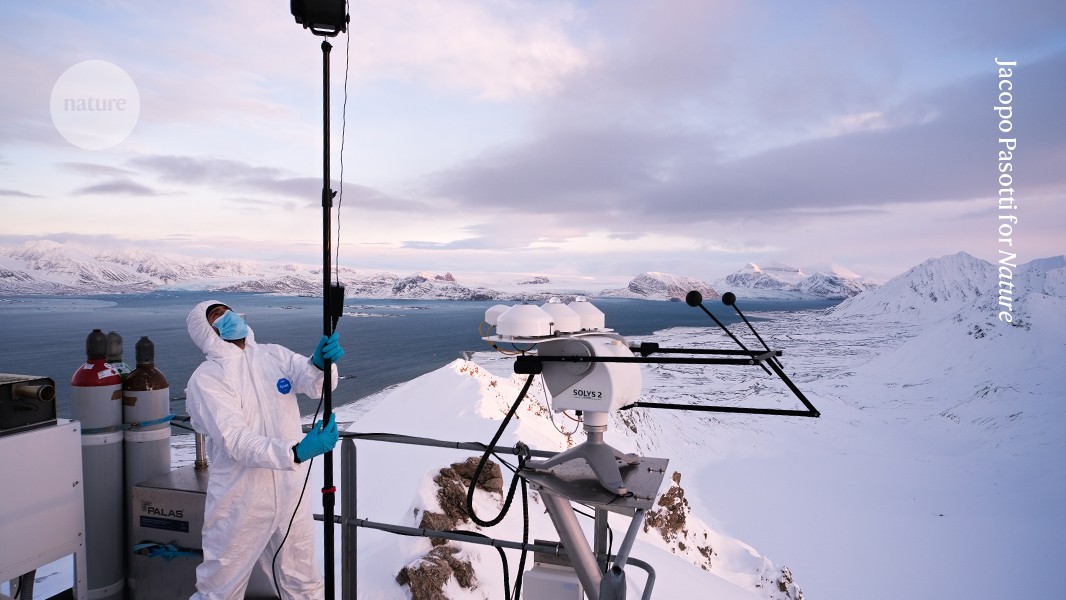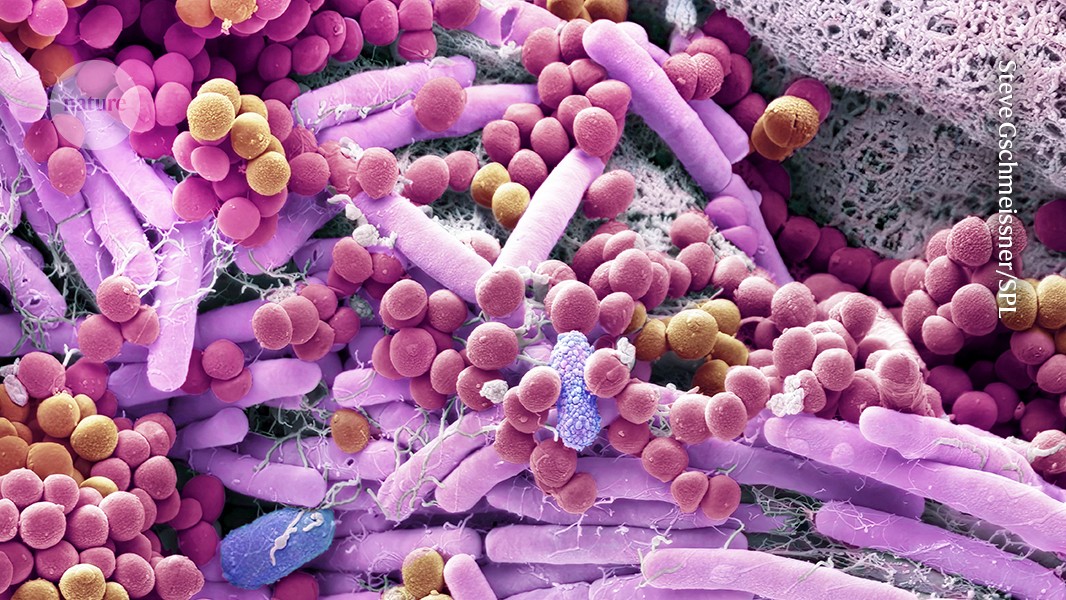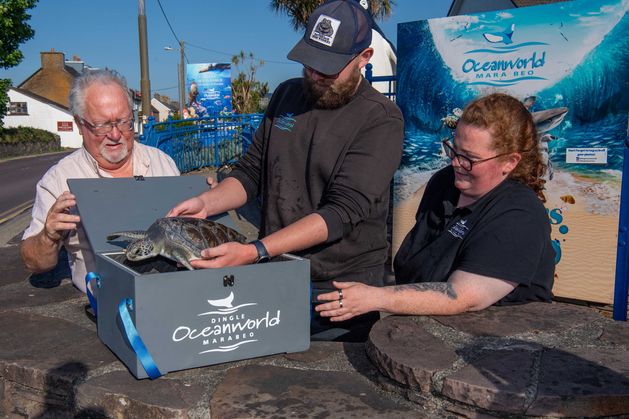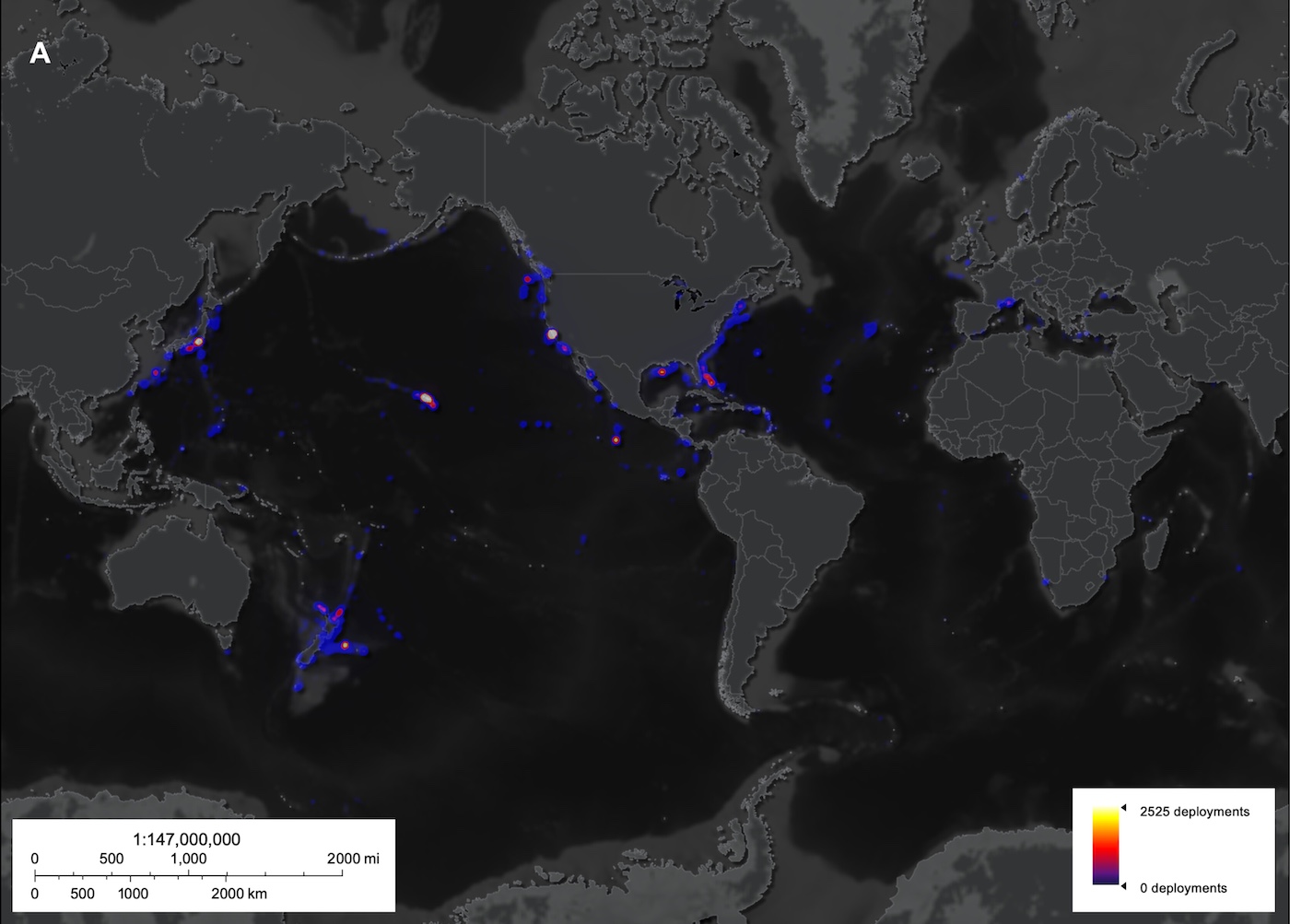fromwww.theguardian.com
1 week agoMove over Pommel Horse Guy: USA's Curling Rambo becomes cult hero of Winter Olympics
Like Nedoroscik, the 24-year-old Oldenburg has hobbies away from his sport. He is an avid juggler, and has introduced machetes and flaming torches into his routine. His dream growing up was to become an environmental scientist rather than an Olympian, and he has achieved both. His day job involves working with solar and wind projects after graduating with a bachelor's degree in ecology.
US news








